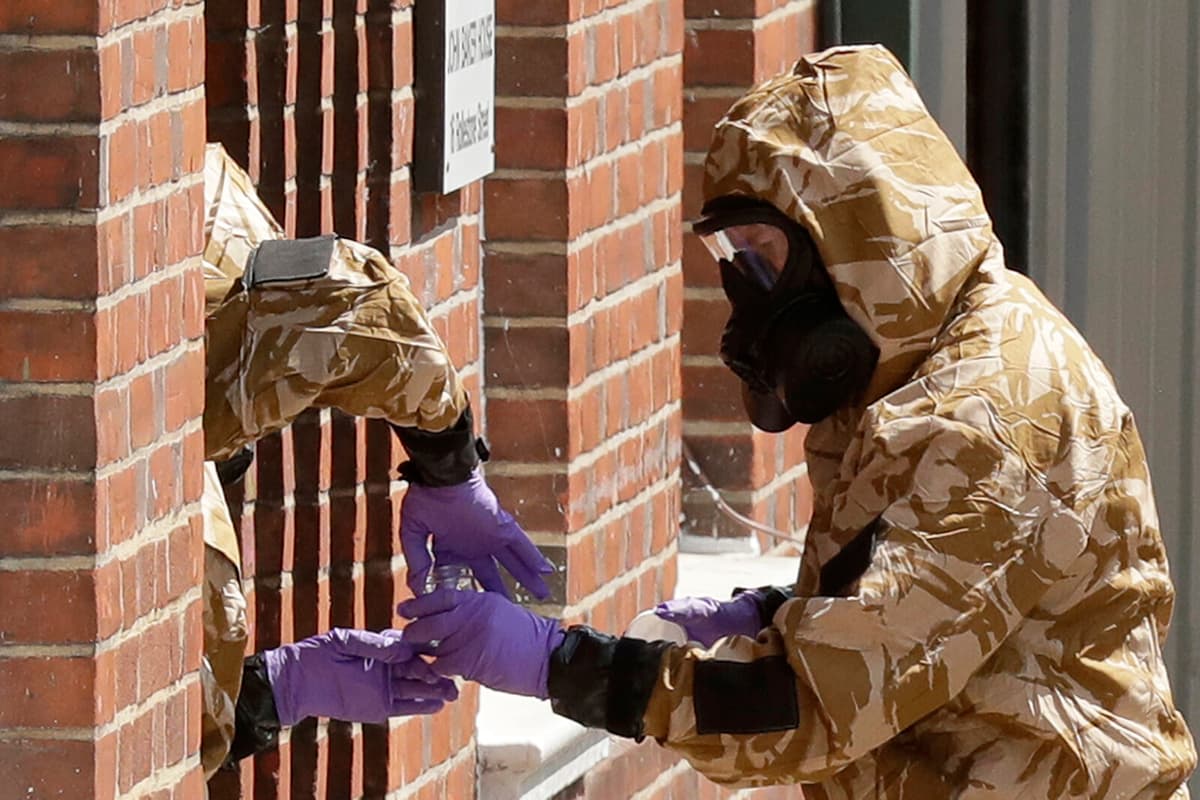When Dawn Sturgess sprayed what she believed was perfume on her arm, she was drawn into an "illegal and scandalous international assassination attempt", stated lawyer Andrew O'Connor on Monday.
According to O'Connor, the small bottle contained "enough poison to kill thousands".
Sturgess died in Amesbury in July 2018, days after her partner had given her the perfume bottle as a gift – and four months after former agent Sergei Skripal and his daughter Julia were poisoned in nearby Salisbury. The content was later identified as the Soviet-made nerve agent novichok.
"Substantial risk"
The public inquiry that has now been initiated aims to go through the sequence of events that led to Sturgess' death, try to establish where the responsibility lies, and what could have been done differently.
It is also said to aim to give her relatives a closure.
The evidence will show that this bottle – which we will hear contained enough poison to kill thousands of people – must have been left at an earlier time in a public place, creating a substantial risk that someone would find it and take it home, said O'Connor on Monday.
Moscow: "A circus"
Sergei and Julia Skripal were found unconscious on a park bench in Salisbury in March 2018, but survived. Even Sturgess' partner and a police officer who came into contact with the poison survived, but became severely ill.
The UK accuses the Russian intelligence service of being behind the 44-year-old's death. Moscow has denied it all and called the investigation "a circus".
The inquiry, where among others Sturgess' mother will testify, will continue until the beginning of December. A final report is expected in 2025.
On March 4, 2018, the Russian ex-agent Sergei Skripal and his daughter Julia Skripal were poisoned in British Salisbury. A police officer also fell ill. All three survived.
The poison was found on the front door of Skripal's house, one of the places where two suspected Russian agents had been caught on camera by surveillance cameras.
The UK and the Organisation for the Prohibition of Chemical Weapons (OPCW) have identified the poison as novichok, developed in the former Soviet Union. Traces of the poison were also found in a hotel room in London where two suspected Russian men had stayed.
Just over three months later, a perfume bottle with the poison was found in Amesbury north of Salisbury. A woman sprayed it on her wrist and died after eight days. Her partner and a police officer who came into contact with the poison suffered severe injuries, but recovered.
Sergei Skripal was active in the GRU intelligence service in the 1990s, but later acted as a double agent for British purposes until 2004 when he was arrested in Russia. Six years later, he was allowed to move to the UK in a prisoner exchange.
The poisonings in the UK were condemned by many of the UK's allies in the Western world and led to the mass expulsion of Russian diplomats from over 30 countries. The relationship between London and Moscow simultaneously froze.






